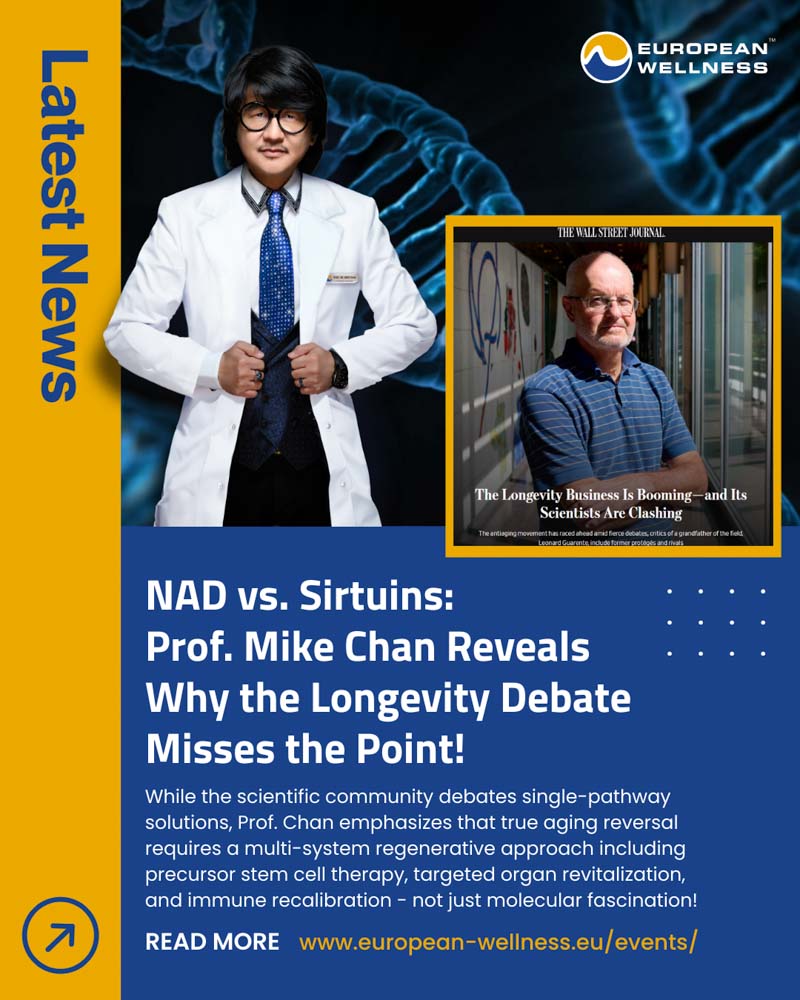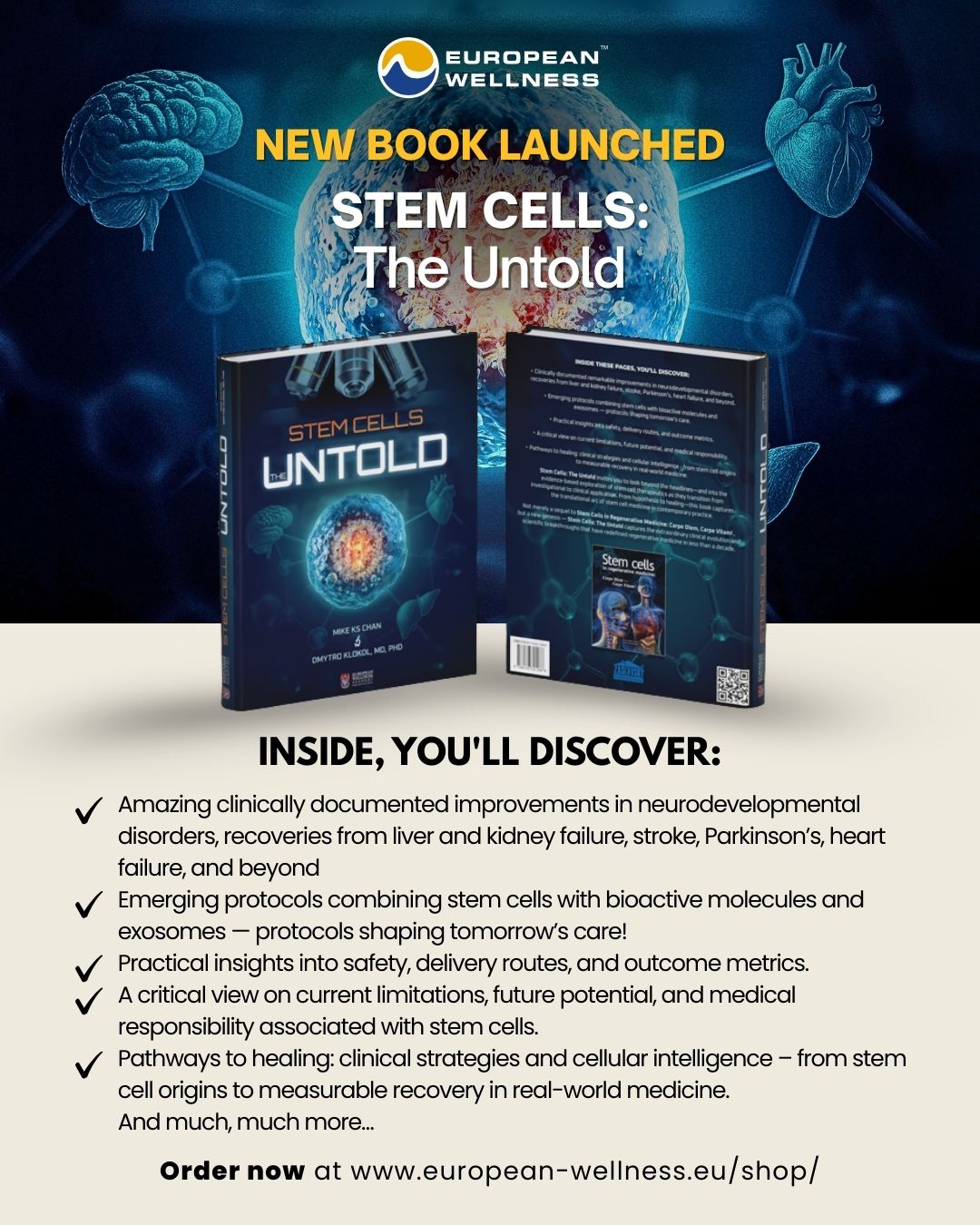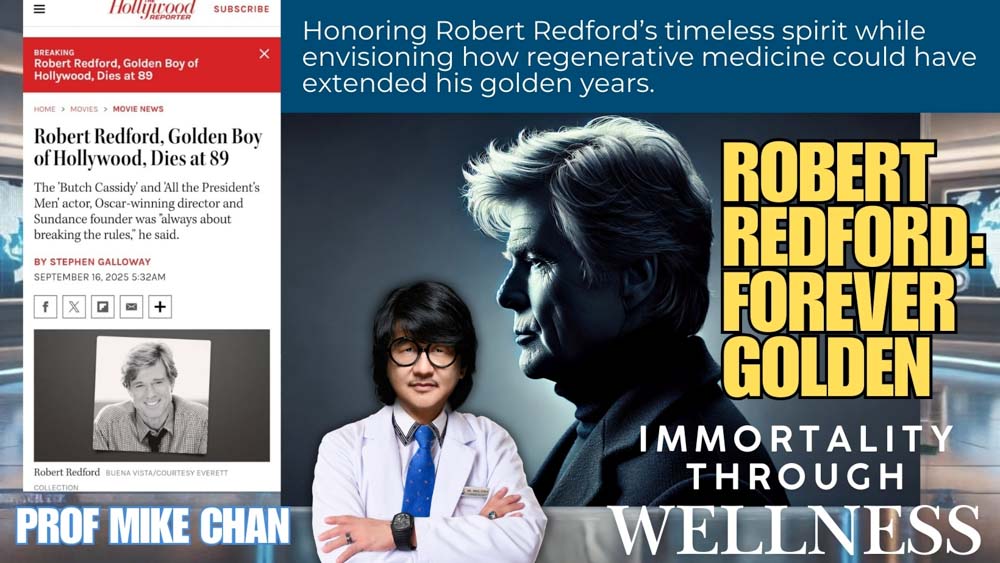The Great Debate: Hype vs. Hard Evidence The longevity field is entering a phase of…

Longevity Science at a Crossroads: NAD and Sirtuin Debate Heats Up
The Great Debate: Hype vs. Hard Evidence
The longevity field is entering a phase of intense scientific scrutiny as experts debate the efficacy of NAD-boosting supplements and the broader role of sirtuins in aging. While some believe these molecular pathways hold the keys to extending lifespan, others warn of hype outpacing hard evidence. [1]
At the center of the debate are sirtuins—proteins believed to regulate aging and cellular health—and NAD+ (nicotinamide adenine dinucleotide), a coenzyme vital for cellular energy production. Popular supplements claiming to restore youthful NAD levels have drawn both public interest and academic skepticism. Proponents argue that NAD boosters like NMN and NR may promote cellular repair, mitochondrial health, and longevity. Critics, however, caution that human trials remain limited, and over-the-counter use may be premature without stronger clinical backing.
Research and Reality: A Call for Caution
Research has largely focused on preclinical animal models, with some early-phase human trials underway. The central hypothesis is that increasing NAD+ availability can activate sirtuins, mimicking the effects of caloric restriction—a proven lifespan extender in animals. However, translating this pathway into safe, effective human interventions remains elusive. Critics argue that correlation does not imply causation and call for more rigorous, long-term clinical studies.
“Longevity science is evolving rapidly, but we must be cautious not to conflate molecular fascination with therapeutic readiness. While NAD+ and sirtuins are intriguing targets, the future of aging reversal will come from a multi-system regenerative approach that includes precursor stem cell therapy, targeted organ specific revitalization, and immune recalibration.” – Prof. Mike Chan
Prof. Mike Chan, a pioneer in cellular therapy who has treated a wide range of high-profile clients from celebrities to heads of state, emphasizes a holistic approach. His perspective highlights the need to look beyond single-pathway solutions and focus on comprehensive, multi-system regeneration.
Key Points to Consider
Here are the essential takeaways from the ongoing NAD-sirtuin debate:
- NAD+ is a cellular fuel with anti-aging potential: Supplements claim to restore declining NAD levels, supporting mitochondrial health and DNA repair.
- Sirtuins may act as lifespan regulators: These proteins, activated by NAD, are believed to play a key role in cellular aging and stress response.
- Scientific consensus remains unsettled: Experts urge caution until robust human studies verify the long-term safety and efficacy of NAD-boosting supplements.
The Significance of the Debate
The NAD-sirtuin debate underscores a broader tension in longevity science: how to balance commercial enthusiasm with medical evidence. As investors pour into biotech startups and supplement companies, the scientific community is tasked with validating—or refuting—these interventions. If proven, these molecules could be part of a paradigm shift in how aging is managed. If not, they serve as a cautionary tale of premature hype.
A Holistic Alternative: The European Wellness Approach
Based on the Compendium of Diseases and Disorders, European Wellness employs a more holistic strategy for longevity. Their approach utilizes organ-specific precursor (progenitor) stem cells for hormonal revitalization and geriatric syndromes. This includes targeting the adrenal cortex, pituitary gland, liver, and brain, all of which are affected by aging and may influence NAD metabolism. These stem cell therapies aim to optimize hormone balance, restore metabolic function, and improve brain resilience.
“At European Wellness, we take a precision-based, multi-organ regenerative approach to aging. Instead of single-pathway fixes, we focus on rejuvenating the body at its biological roots. Longevity isn’t just about living longer—it’s about restoring quality of life, function, and dignity in aging.” – Prof. Mike Chan
Prof. Chan’s closing words emphasize a more comprehensive and patient-centered vision of longevity, one that prioritizes overall well-being over chasing a single molecular target.
References
Follow European Wellness Academy:

